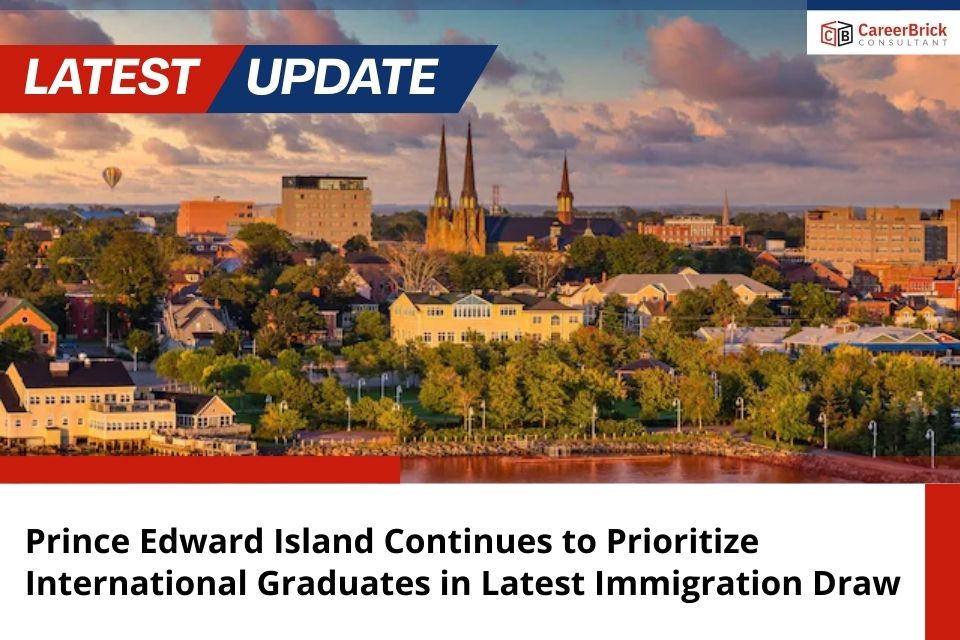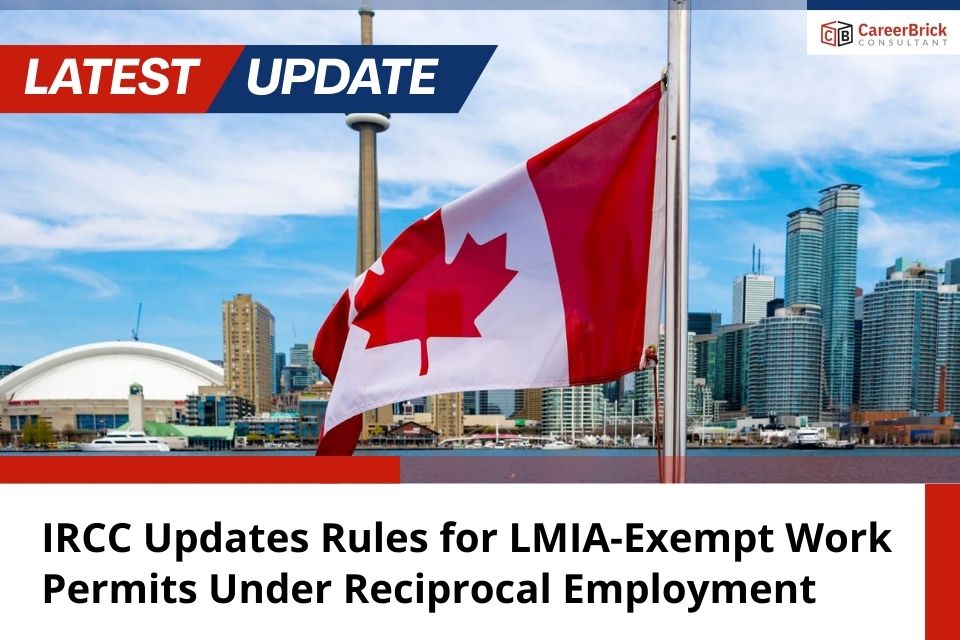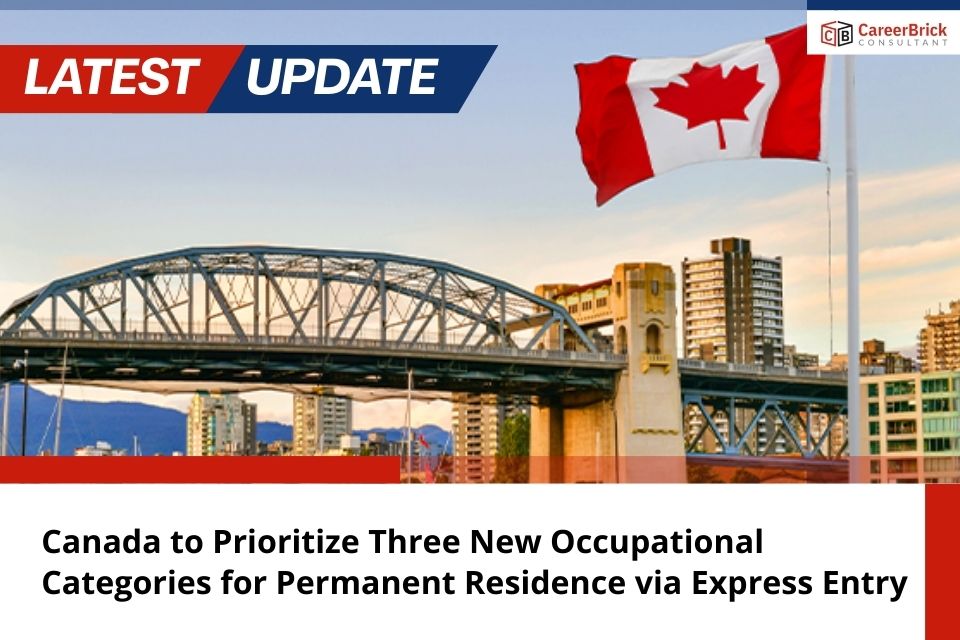Immigration, Refugees and Citizenship Canada (IRCC) has announced the implementation of advanced analytics and automation to streamline spousal and partner applications under family class immigration.
The department has introduced two new tools designed to enhance different stages of the sponsorship application process, aiming to boost efficiency.
Which Applications Are Affected by These Changes?
As per IRCC's notice, these new processing measures will apply to all spousal and partner applications under the family class. This includes sponsorship applications for spouses, common-law partners, and conjugal partners within the family class immigration category.
How Will IRCC Implement the New Tools?
Spousal and partner sponsorship applications consist of two parts:
- Sponsorship Application – Submitted by a Canadian citizen or permanent resident to sponsor their spouse or partner.
- Principal Applicant Application – Submitted by the spouse or partner being sponsored.
IRCC will introduce a separate tool for each stage of the process, utilizing rules created by officers and refined through machine learning based on past application data.
- Sponsorship Stage: The first tool will identify cases eligible for automatic approval to expedite processing. Applications not eligible for automatic approval will be forwarded to an IRCC officer for manual review.
- Principal Applicant Stage: The second tool will conduct a preliminary eligibility assessment. For straightforward cases, it will confirm eligibility and send the file to an officer for admissibility evaluation. Applications requiring further review will be sent to an officer for manual assessment.
IRCC emphasizes that these automation tools cannot issue final approvals, deny applications, or recommend refusals. Final decisions remain the responsibility of immigration officers.
How Will These Tools Affect Spousal and Partner Sponsorship Processing?
In its announcement, IRCC reaffirmed its commitment to using “data-driven technologies” responsibly, ensuring compliance with privacy standards and human rights protections. To evaluate the impact of these tools, the department conducted an Algorithmic Impact Assessment (AIA), which classified the impact level as “moderate.” IRCC has also pledged to implement additional measures to mitigate potential risks.
Although it is too early to gauge the full impact of these tools, previous technology implementations provide some insight. In 2023, former Immigration Minister Sean Fraser highlighted the use of AI in processing spousal temporary resident visa (TRV) applications. This approach processed 98% of applications with an average wait time of just 30 days, demonstrating the potential for significant efficiency improvements.







